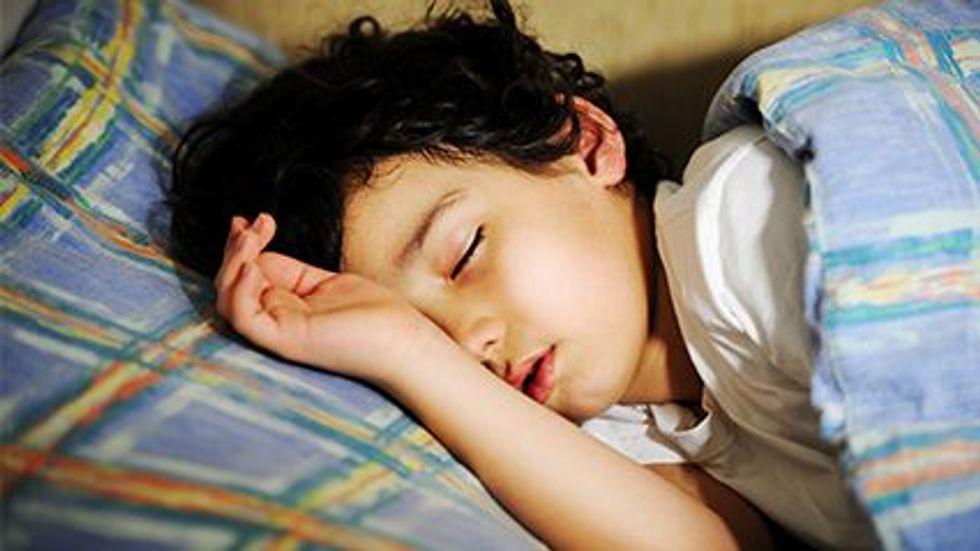Febrile Seizures: How to Protect Your Child

SATURDAY, Dec. 11, 2021 (HealthDay News) -- Fever-related seizures in young children can be alarming for parents, but they're usually not life-threatening, an expert says.
During a so-called febrile seizure, a child may lose consciousness, experience body stiffness and have full-body shaking. The seizures — which typically last a minute or two, but can go on longer — rarely require medication, and the majority don't require hospitalization, according to Dr. Kiarash Sadrieh. He is a pediatric neurologist at Children's Hospital, Los Angeles.
Sadrieh said that with any type of seizure in a child, parents or other caregivers need to remain calm and do four things:
- Place the child on their side to prevent choking. There is no need to restrain the child or try to stop the shaking. The seizure will run its course on its own.
- Never put anything in the child's mouth. This can lead to chipped teeth, damaged gums or even a blocked airway.
- Time the seizure. If it lasts more than five minutes, call 911. Medication may be needed to end the seizure.
- Have your child evaluated the same day. While brief seizures don't require emergency services, the evaluation is mainly to check for the cause of your child's fever.
Febrile seizures are the most common type of childhood seizure, affecting between 2% and 5% of children. The majority occur between 12 to 18 months of age. Exactly why a fever can cause a seizure is unclear, but Sadrieh said genetics play a role.
Treatment usually involves the use of fever-lowering drugs such as acetaminophen or ibuprofen, he noted.
The overall risk of recurrence varies with age. It's about 50% in children under 1 year of age, and about 20% in older children.
There are two types of febrile seizures, Sadrieh explained. Simple seizures, which are more common, involve full-body shaking and last less than 15 minutes. They do not affect future school performance or intelligence.
Complex seizures affect only a part of the body, last more than 15 minutes or recur within 24 hours and have a slightly higher rate of future complications, Sadrieh said in a hospital news release.
More information
Learn more about febrile seizures at the U.S. National Institute of Neurological Disorders and Stroke.
SOURCE: Children's Hospital Los Angeles, news release, Dec. 3, 2021
Related Posts
CDC Reports First American With New Bird Flu
FRIDAY, April 29, 2022 (HealthDay News) -- The first U.S. case of bird flu in a...
Imaging Technology May Make Radiation Safer for Prostate Cancer Patients
TUESDAY, July 25, 2023 (HealthDay News) -- A technique that uses imaging...
Regulatory, Patent Reform Needed for Inhalers for Asthma, COPD
FRIDAY, May 20, 2022 (HealthDay News) -- Of the 62 inhalers approved by the U.S....
